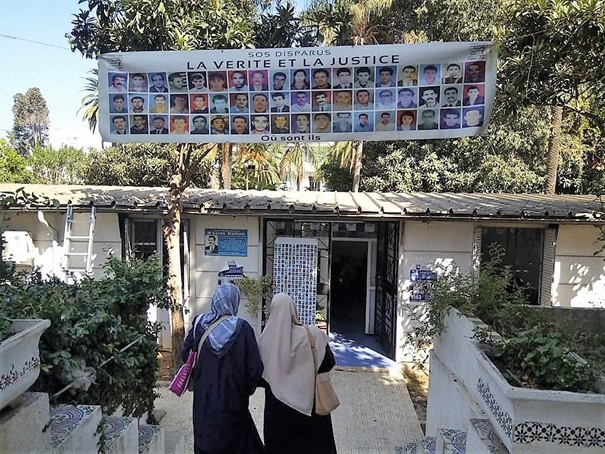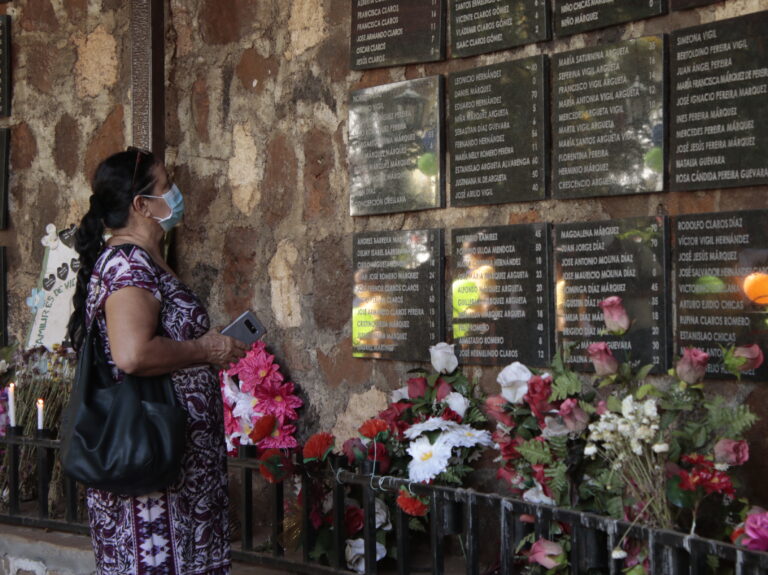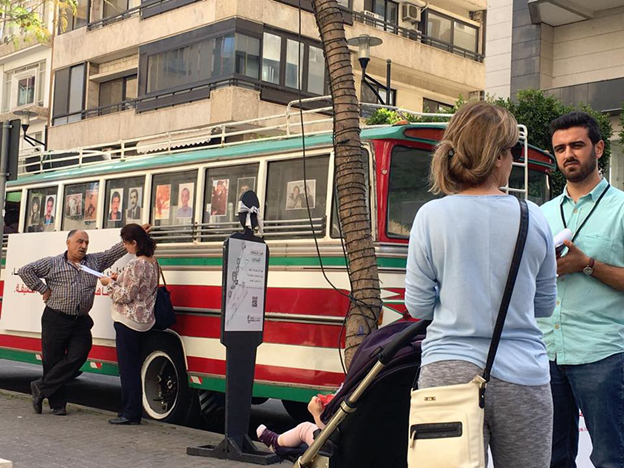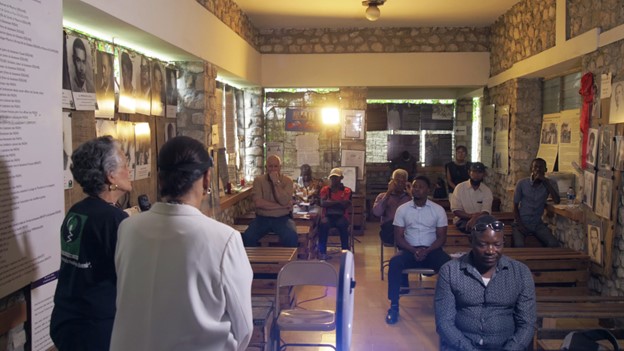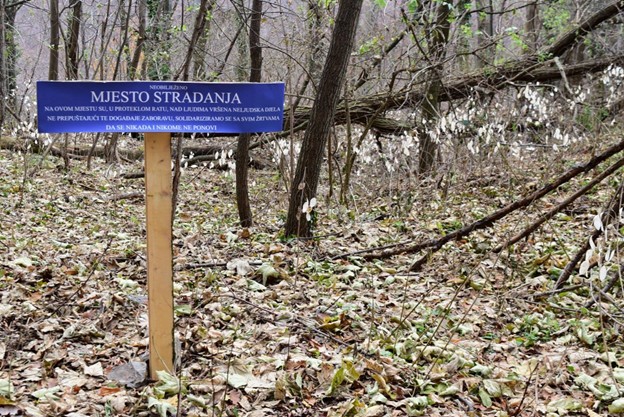Anniversaries, Memory, and Culture
GIJTR’s “Mapping Commemorative Cultures” project compares experiences from various contexts around the ways in which significant dates from past conflicts and atrocities, as well as peace treaties, truces and internationally observed dates, have been commemorated in state narratives versus alternative victim- or survivor-centered narratives. The project aims to help transitional justice and memory practitioners, peacebuilders, policymakers and community stakeholders understand the gaps between “official” narratives of victory, heroism, sacrifice and injustice and the narratives of victims and survivors who were affected by those same events.
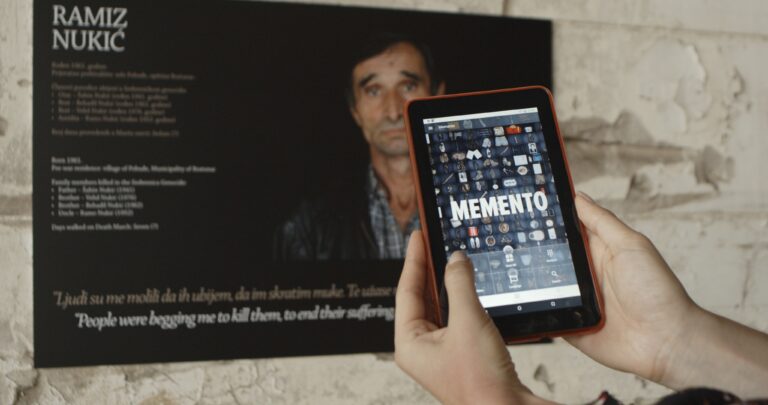
Context
In past decades, the marking of commemorative dates and practices, as part of memorialization initiatives contributing to broader post-conflict truth-telling processes, can help establish a collective record of events. But at the same time, since those dates have become more visible online and on social networks, they often trigger points of contention and resurface dangerous rhetoric – views that may turn into open violent threats.
Apart from exacerbating divisions between communities, the marking of commemorative dates and practices also points to issues of citizenship or belonging. Following an armed conflict or in societies characterized by regimes of authoritarianism and repression, government-led commemorative initiatives tend to center and prioritize the narratives of their own heroic triumphalism or suffering, while denying atrocities committed or neglecting victims they consider not “theirs,” or outside their group. Such memory politics contribute to the building of a national identity grounded in ethnic belonging. This results in distortions of the past, and further exclusion of certain social groups that are perceived as “others.”
However, such symbolic reparations, like commemorative dates and other memorialization events and activities, can serve as a form of recognition of human rights violations, and possibly even an apology, for legitimizing the experiences of victims and survivors. They can also be integrated into wider reparations strategies, as the recognition of victim-centered narratives can encourage the reintegration of victims and survivors into society. The marking of commemorative dates and events not only provides a counter-narrative to mainstream narratives or even supplements a national narrative, but it can also serve as history education for future generations while promoting civic engagement and contributing to democracy-building processes, by rewriting of a national identity based on respect for human rights and democracy.
Project Details
The Mapping Commemorative Cultures, Best Practices and Lessons Learned project aims to identify and map context-specific best practices and lessons learned from commemorative cultures. The Consortium and local partners will conduct research to produce case studies on significant commemorative dates and events and how they are recognized both in the public sphere by officials as well as in the local sphere by grassroots civil society organizations (CSOs) and victim- or survivor-centered associations. To increase the visibility and accessibility of the Consortium’s research, the Consortium will design a digital map of the context-specific commemorative practices by both officials and grassroots organizations and initiatives from the case study documents. The digital map will serve as an interactive and innovative method for relevant transitional justice practitioners, scholars and participating communities, highlighting best practices and lessons learned, through a webpage based on a Google Maps platform that can be viewed from GIJTR’s website. Drawing from the findings of the case studies undertaken in the first project activity, the Consortium will engage with multiple transitional justice stakeholders in the format of a policy paper to highlight important lessons learned from its research as well as underscore the importance of memorialization processes as an essential component and key pillar of transitional justice. Together with participating local partners from the case study development process, as well as other CSOs and relevant transitional justice stakeholders, the Consortium will convene a virtual panel discussion. This discussion will aim to encourage diverse cross-regional engagement, dialogue and learning on commemorative practices more broadly, but also context-specific best practices from grassroots initiatives, as well as present its findings and lessons learned from the case studies examination.
Project Objectives
Through the examination of experiences and examples of commemorative practices, identify best practices and lessons learned from government- and civil society-led initiatives and interventions in diverse contexts and expand resources for transitional justice practitioners and relevant policy makers and communities dealing with narratives and commemorative practices that minimize, dismiss or deny victim or survivor-centered narratives.
- Identify best practices and lessons learned from the government and civil society-led initiatives
- Expand resources for transitional justice practitioners and relevant policymakers and communities
Generate learnings on how CSOs can intervene and promote best practices in contexts in which official narratives sideline victim- or survivor-centered narratives or neglect their needs
Develop case studies through desk research and interviews on how significant dates are commemorated in the public sphere by officials and how they are commemorated by grassroots initiatives and civil society organizations in at least 12 specific contexts across the African, Asian, Balkans, Caribbean, Latin American and Middle East regions.
Disseminate learnings and raise awareness among stakeholders on best practices for addressing divergent official narratives and victim- and survivor-centered narratives.
- Design an interactive digital map that can be accessed from GIJTR’s website that compares experiences and examples from various contexts around the ways in which significant dates from past conflicts or atrocities and other significant events have been commemorated in official narratives versus alternative victim- or survivor-centered narratives, highlighting best practices and lessons learned.
- Convene a virtual panel discussion to bring participating local partners from the case study documents, CSOs and relevant transitional justice stakeholders together to encourage diverse cross-regional engagement, dialogue and learning on commemorative practices more broadly and context-specific best practices from grassroots initiatives, as well as present its findings and lessons learned from the case studies.
- Draft a policy paper aimed at multiple transitional justice stakeholders, such as local partners and as well as relevant government and UN officials from countries in which the case studies took place, to draw on and highlight important lessons learned from the Consortium’s research for the case study documents and underscore memorialization processes as an essential component and key pillar of transitional justice.
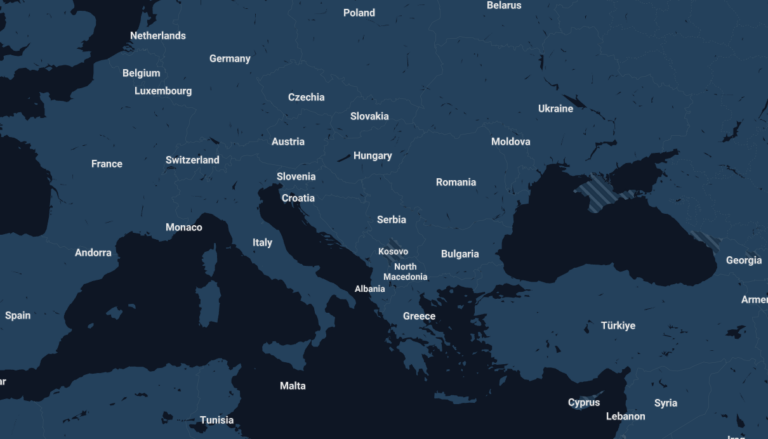
Map
This interactive digital map compares experiences and examples from various contexts around the ways in which significant dates from past conflicts or atrocities and other significant events have been commemorated in official narratives versus alternative victim- or survivor-centered narratives, highlighting best practices and lessons learned.
Project partners drafted a policy paper aimed at multiple transitional justice stakeholders to draw on and highlight important lessons learned from the local CSOs' research for the case study documents and underscore memorialization processes as an essential component and key pillar of transitional justice.
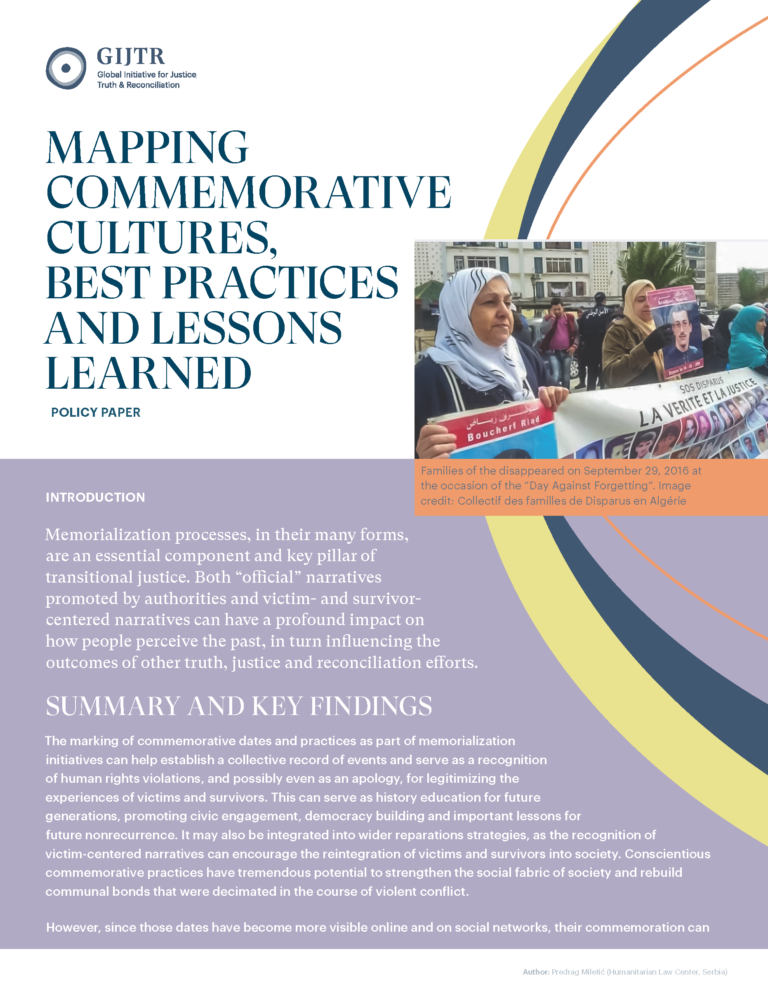
Algeria
This case study is available in Arabic, English and French
Bosnia and Herzegovina
This case study is available in English and Serbian
Croatia
This case study is available in English and Serbian
El Salvador
This case study is available in English
Guatemala
This case study is available in English
Haiti
This case study is available in English and Haitian Creole
Indonesia
This case study is available in English and Indonesian
Lebanon
This case study is available in Arabic and English
Peru
This case study is available in English
South Africa
This case study is available in English
The Philippines
This case study is available in English and Tagalog
Timor-Leste
This case study is available in English and Tetun
Turkey

